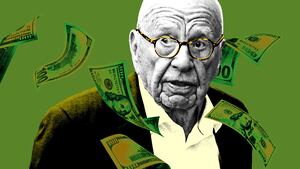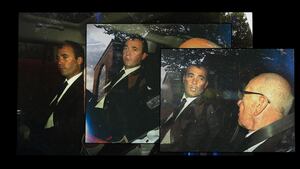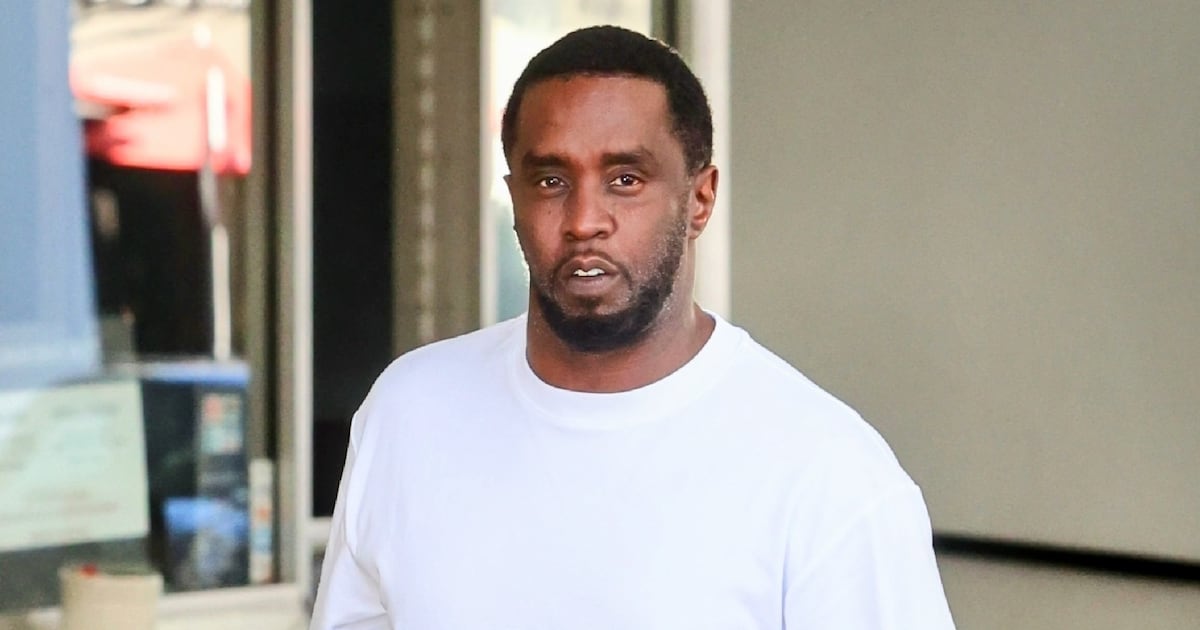Actions taken in 2011 by senior executives of Rupert Murdoch’s London tabloids, following revelations about industrial-scale hacking in their newsrooms, have come back to bite them.
New reporting in the British magazine Prospect, by Nick Davies, who first revealed the criminal activity in The Guardian, gives a detailed account of what he alleges was a giant cover-up, a sustained and rigorous operation to destroy evidence of wrongdoing.
One of the executives at the center of that operation, according to Davies, was Will Lewis, who took over as CEO and publisher of The Washington Post this year.
In January 2011, Davies claims, Lewis was working hand-in-hand with Rebekah Brooks, Murdoch’s top tabloid editor, to identify all those involved in hacking and delete emails sent and received by them, a list that grew from 13 people to 105 “whose electronic footprints were wiped from the archive.”
In essence, reports Davies, “the entire history of the News of the World’s cover-up had now been wiped from the archive.” (Although the News of the World, a Sunday newspaper, was by far the most avid practitioner of hacking, its sister daily title, The Sun, was later revealed to use the same methods in pursuit of scoops.)
“The final result,” reports Davies, “the evidence suggests, was that, led by Brooks and Lewis, with Rupert Murdoch supervising, the company had moved through several stages of escalating destruction that coincided with the possibility of police action coming closer… it had destroyed a total of 30.7 million messages. A clean sweep.”
As I reported last week, over the past year lawyers acting for, among other victims of hacking, Prince Harry and Hugh Grant, have deposed journalists, executives and private investigators in a discovery process aimed as much at the cover-up as the original crimes. Grant just settled for “an enormous sum.” Harry’s intentions are not yet clear.
Davies includes the response of the Murdoch company to his reporting: “…it continues to insist that it has not engaged in any destruction or concealment with the intention of covering up crime. It says that the deletion of emails was necessary because the servers were overloaded; paperwork and other material was cleared out in the natural course of running a crowded newsroom, computers were due to be destroyed and replaced because they were moving to a new building.”
Lewis has said, in line with Rupert Murdoch’s son James, that he was called in to clear up a mess, not to destroy evidence. “I did whatever I could to preserve journalistic integrity,” Lewis told the Post in a fall 2023 profile following his ascension to the paper’s top job. “I took a view very early on that I’m never going to talk about it. And it’s either right or wrong that I’ve done that.”
A Murdoch spokesman, in a statement to Prospect, attacked the lawyers working for the more than 40 litigants remaining with claims against the papers: “Lawyers for the claimants work with a group of former phone hackers and employ anti-press campaigners and activists who seek to use the compensation claims to make allegations in circumstances they are protected in doing so [sic] by open justice principles.”
Davies refers to Will Lewis as “Brooks’s new right-hand man.” He was much more than that. When he joined the Murdoch newspapers in 2010, he had never operated in the nether world of the British tabloids. In fact, Lewis was one of the highest regarded newspaper executives in London.
His career straddled both journalism and management. He was a graduate of Harvard Business School, worked as a journalist at the Financial Times, and became the youngest editor of the Daily Telegraph, where he directed an award-winning exposé of how for years members of parliament had abused the system for claiming expenses.
More significantly, Lewis was an apostle of the urgent adaptation to digital platforms to counter the decline of print. Unlike anyone else in the Murdoch empire, his understanding of both high-end journalism and the revolution required in newsrooms was rare, and it appealed to Murdoch when he hired him. The shit storm of hacking had not yet engulfed the business and it was Lewis’s misfortune to be caught in the middle of it when it did.
As it is, along with Murdoch himself and Brooks, he is in the crosshairs of the litigants’ lawyers demanding that he be called to account for his role. The lawyers are awaiting a decision by the presiding judge about whether their lawsuits can be updated to include a raft of new evidence. That decision could come in a week or so.
Eventually Lewis landed at a place in Murdoch’s empire far more suited to his gifts. In 2014 he was appointed CEO of Dow Jones, publisher of the Wall Street Journal. His fluency in technology gave the paper a new lease of life by vastly increasing digital subscriptions. He left the paper in 2020, finally breaking free of the Murdoch orbit in an effort to establish a career independent of that dark space.
Lewis was known in London as an astute political networker among the younger Conservative Party leadership, caught up in the swashbuckling magnetism of Boris Johnson. In 2020 he was on a short list of nominees to become Director General of the BBC at a time when the Tories wanted to kneecap the corporation for its supposed left-wing bias.
Lewis was rewarded for his affiliation with Johnson in 2022, when he was nominated for a knighthood in Johnson’s resignation honors list (a resignation forced on Johnson after it was revealed that he had hosted bibulous parties at 10 Downing Street during the pandemic). It was an imprimatur some would see as the kiss of death. He became Sir Will in 2023.






